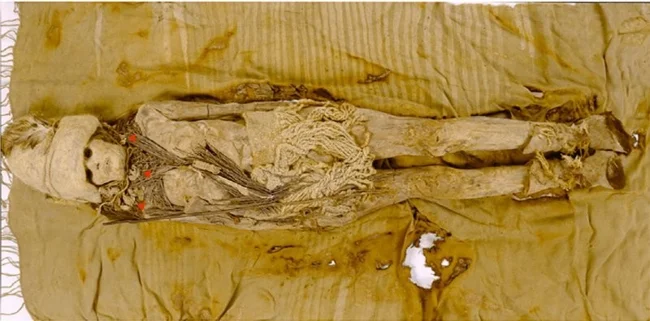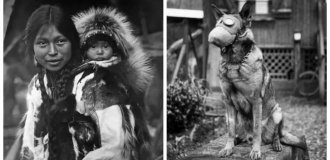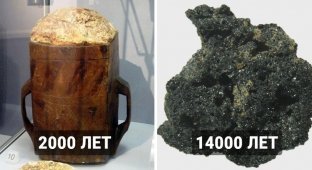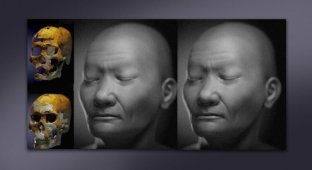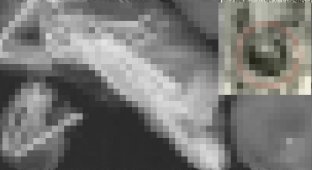The oldest cheese was found on a 3600-year-old mummy (4 photos)
Twenty years ago, in northwest China's Xinjiang, researchers found three Bronze Age mummies. When they opened the 3,600-year-old coffin, archaeologists found the remains of a woman with a mysterious substance adorning her neck. Now, scientists say it's the oldest cheese ever found. 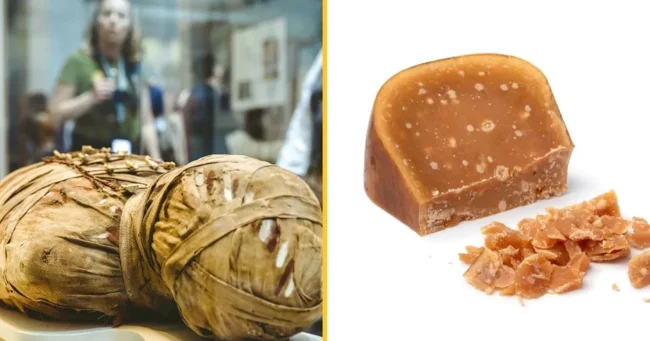
The researchers successfully extracted DNA from the samples and found that kefir cheese was made from cow and goat milk. The discovery provides new insights into the origins of kefir and the evolution of probiotic bacteria.
Qiaomei Fu of the Chinese Academy of Sciences in Beijing and her colleagues identified the substance as a type of kefir cheese based on the presence of lactic acid bacteria, yeast, and milk proteins in the samples.
"This is the oldest cheese sample ever found in the world," comments paleogeneticist Fu. "Food products such as cheese are extremely difficult to preserve over thousands of years, making this find rare and valuable. A detailed study of ancient cheese will help us better understand the diet and culture of our ancestors." 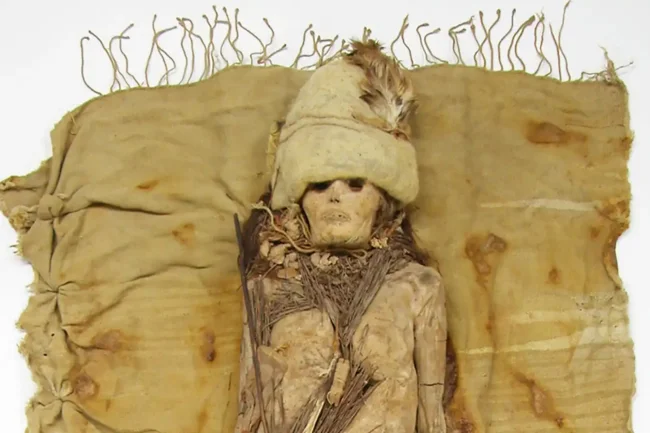
Because the woman's coffin was covered and buried in the dry climate of the Tarim Basin, it was well preserved, Fu said.
"Ancient burial customs often involved items that were meaningful to the deceased. The fact that pieces of kefir cheese were placed next to the body suggests that this product was important to their lives," she added.
Recent research also suggests that the "necklaces" included at least two different types of cheese, one made from goat's milk and one from cow's milk.
In addition, the kefir granules have genetic signatures that are similar to East Asian kefir strains and modern Tibetan dairy products. Microbes from the Caucasus region, long considered the birthplace of dairy products, are more closely related to other strains from East Asia, Europe, and the Pacific Islands. 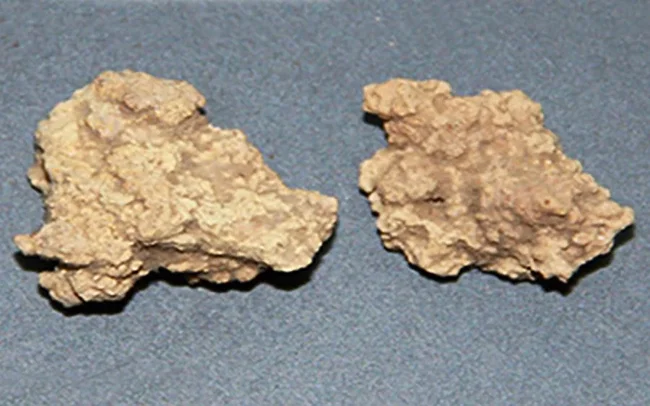
Overall, the analysis suggests that kefir has two geographic origins: one in Xinjiang and one in the Caucasus.
"Our results suggest different routes of dispersal for the two [kefir microbe] subspecies."
The evolution of human activity over millennia has also influenced changes in microorganisms, the study says, citing the divergence of a subspecies of bacteria that was facilitated by the spread of kefir among different populations. 